
Corie L. Cobb, professor of mechanical engineering and the Washington Research Foundation Innovation Professor in Clean Energy, has been selected as recipient of the prestigious Defense Advanced Research Projects Agency (DARPA) Director's Fellowship Award.
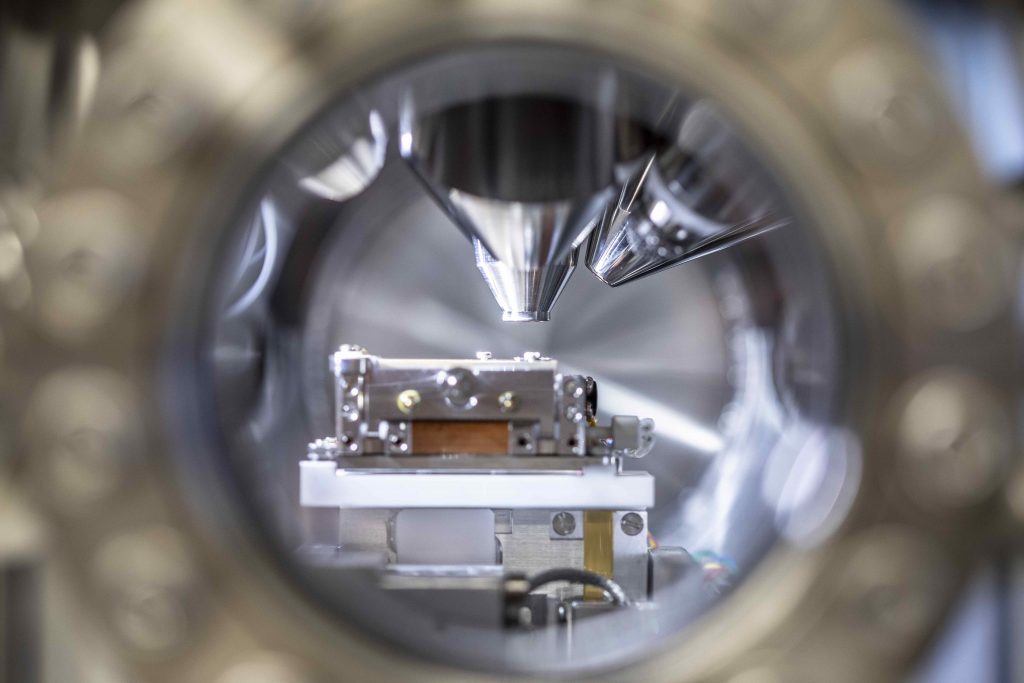
To support the use of nanotechnology tools to develop innovative, new technologies, the Northwest Nanotechnology Infrastructure (NNI) is offering seed grants for work to be conducted in our fabrication or characterization facilities. These grants are designed to help users build and characterize prototypes, obtain preliminary results and conduct proof of concept studies.
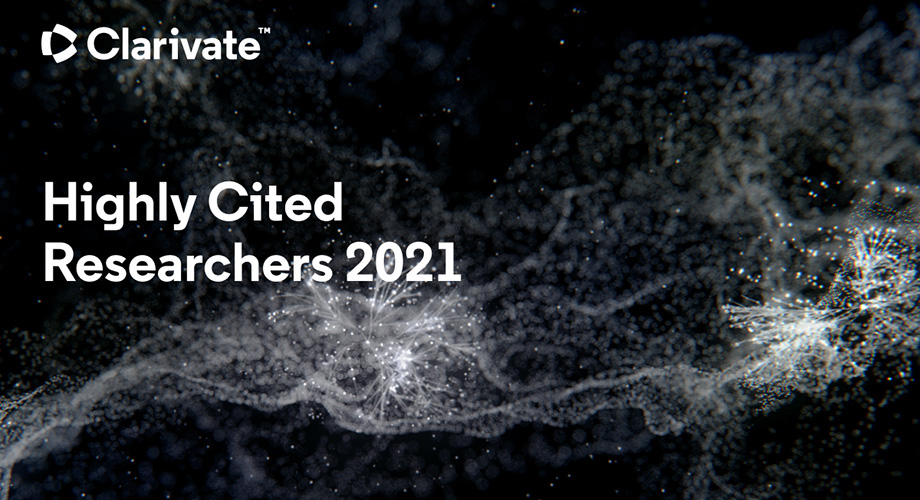
Six researchers affiliated with the Molecular Engineering & Sciences Institute are among the most influential in the world, according to the annual Highly Cited Researchers list published by the Web of Science, the world's largest publisher-neutral citation index.
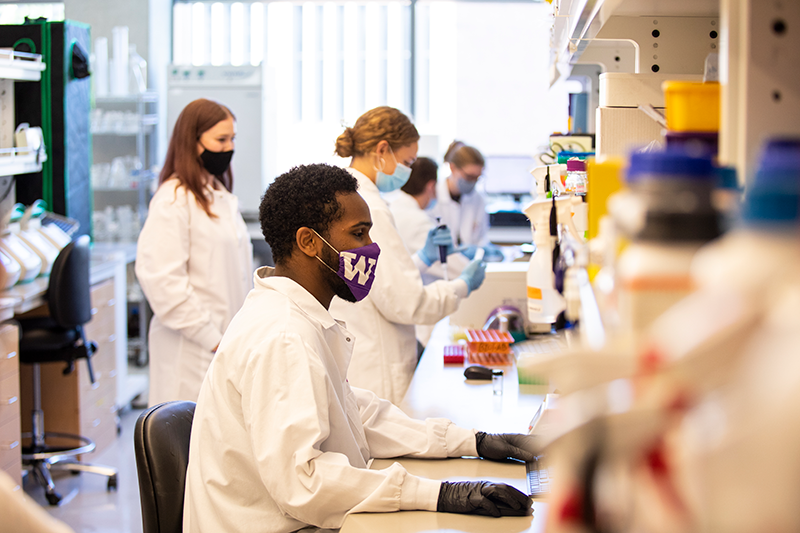
The UW's Biofabrication Center, a unique facility dedicated to enabling the rapid design, construction and testing of genetically reprogrammed organisms, is partnering with Agilent Technologies in pursuit of automated, reproducible research.
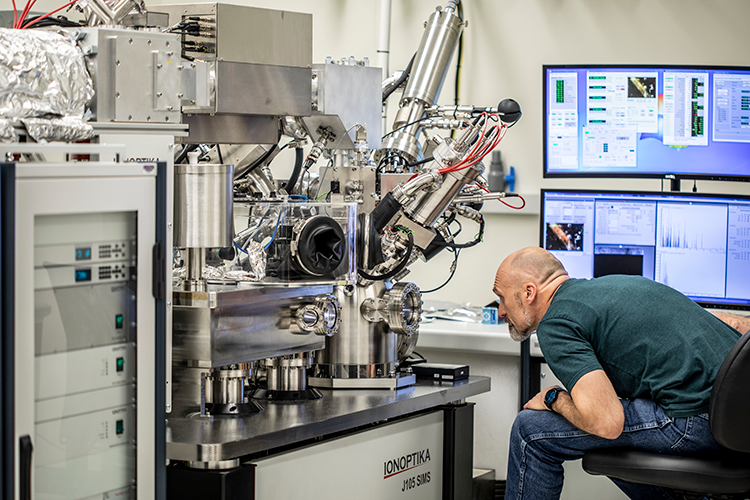
MAF staff member Dan Graham was recently selected to receive the 2021 AVS Applied Surface Science Division Peter M. A. Sherwood Mid-Career Professional Award for innovation and leadership in the application of Time-of-flight secondary ion mass spectrometry (ToF-SIMS) to organic and biological materials and for the development of practical multivariate analysis tools.
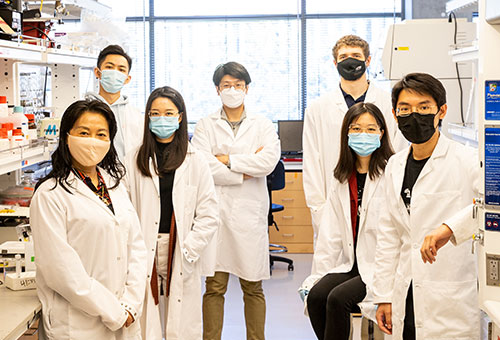
Miqin Zhang is working to improve cancer treatment with nanoparticles made from the same material found in crustacean shells.
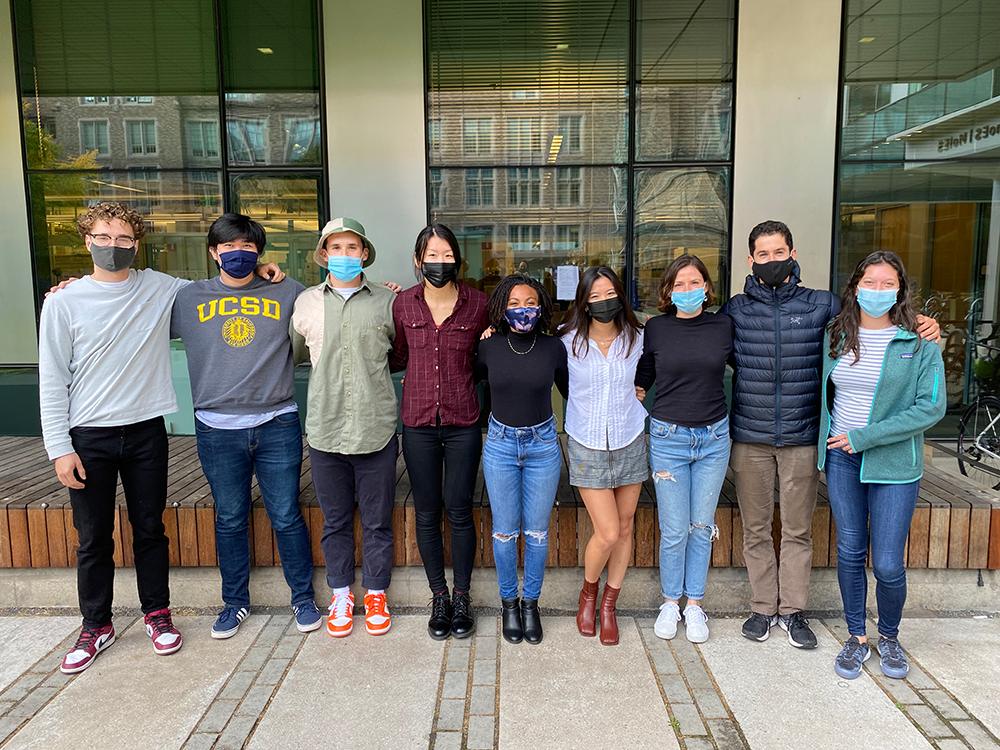
Join us in welcoming our 8th cohort of future molecular engineers! The 2021 cohort consists of nine students with backgrounds in either engineering or the natural sciences, all of whom are interested in developing innovative molecular-based solutions to pressing grand challenges. Learn more about our newest trainees and their current research interests.
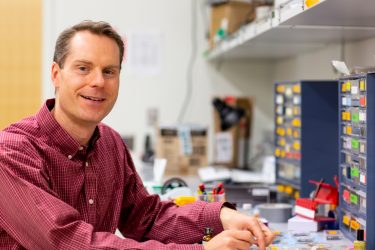
The National Science Foundation has announced it will fund a new endeavor to bring atomic-level precision to the devices and technologies that underpin much of modern life, and will transform fields like information technology in the decades to come. The five-year, $25 million Science and Technology Center grant will found the Center for Integration of Modern Optoelectronic Materials on Demand "” or IMOD "” a collaboration of scientists and engineers at 11 universities led by the University of Washington.
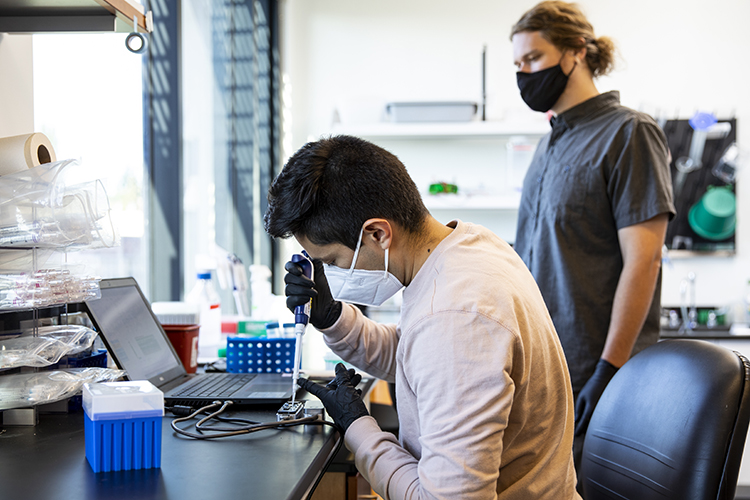
The research team, which includes MolE graduate student Nicolas Cardozo, introduce a new class of reporter proteins that can be directly read by a commercially available nanopore sensing device. The new system "• dubbed "Nanopore-addressable protein Tags Engineered as Reporters," also known as NanoporeTERs or NTERs for short "• can perform multiplexed detection of protein expression levels from bacterial and human cell cultures far beyond the capacity of existing techniques.
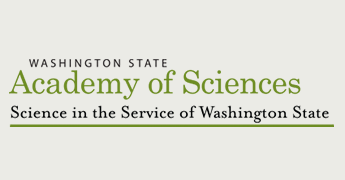
Chemistry Professors Alshakim Nelson and Munira Khalil are among the 38 new members of the Washington State Academy of Sciences recognized for their "outstanding record of scientific and technical achievement and willingness to work on behalf of the Academy to bring the best available science to bear on issues within the state of Washington."